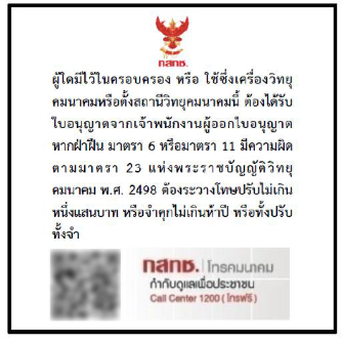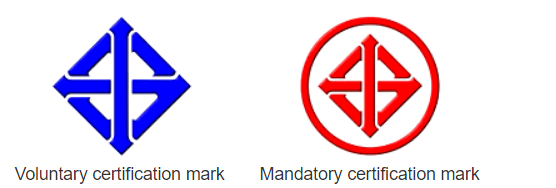SUMMARY OF THAILAND NBTC TYPE APPROVAL CERTIFICATION PROCESS
In all 3 classes of NBTC approval, in order to prove conformance with Thailand’s mandatory technical requirements, a local supplier performs testing via an ISO 17025 accredited lab or a national authority’s (NBTC) laboratory.
The technical standard used in such cases must be specified in the test report. Once type testing is successfully performed, the local supplier compiles the test reports issued from the lab, the application form and any other relevant information to register, certify the equipment or submit a Supplier Declaration of Conformity (SDoc), depending on the class.
Finally, if the equipment is properly registered/certified, the local supplier will receive a registration number and a proof of compliance will be provided.
NBTC Type approval has a validity of 3 years and the lead time is approximately 6 weeks.
NBTC Certification Step-by-step
NBTC Product Marking
Once the product is successfully approved by NBTC and registered, the supplier must mark the product with the NBTC conformity marking. The labels can have the following forms, depending on the product’s class:

If the corresponding label does not fit on the telecommunication equipment, the supplier must display the label on the user’s manual or packaging.
On the other hand, if the product class only needs an SDoc, the following lettering can be included in the user’s manual, the packaging or at the supplementary documentation.

Additionally, all importers and local suppliers that wish to market their radio communication products in Thailand must affix an E-label (with a QR Code) to inform the user about whether or not the equipment requires a mandatory user license to use it.
The label notice shall be printed on the user’s manual, the packaging or as an additional document provided inside the packaging.

SUMMARY OF THAILAND TISI SAFETY TYPE APPROVAL CERTIFICATION PROCESS
TISI is the National Authority responsible for Safety Approval in Thailand for a specific list of products. There are two types of schemes:
- Mandatory Certification Mark
- Voluntary Certification Mark
In order to get TISI approval, products that are intended to be marketed in Thailand for which TISI is mandatory must be tested in either a TISI designated laboratory or a laboratory that has been accredited by the Industrial Product Standards Council.
Finally, in order to confirm that products comply with the applicable standards, a factory inspection is mandatory and must be conducted by a TISI Inspector. Factory inspections have a 3-year validity period.
In order to properly apply for TISI Approval, a local representative is mandatory since foreign applicants cannot apply for TISI Certification.
TISI Certification Step-by-step

TISI Product Marking
For TISI, the label is different depending if its Voluntary or Mandatory certification. Each type of certificate has its own marking, as follows:

